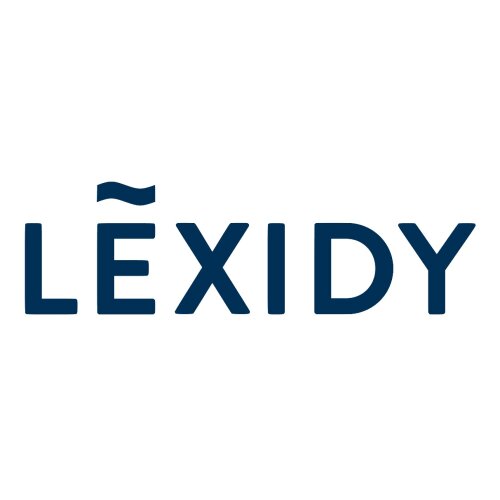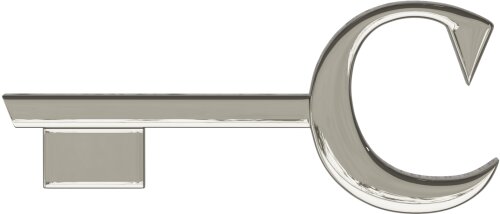Best Corporate Governance Lawyers in Milan
Share your needs with us, get contacted by law firms.
Free. Takes 2 min.
List of the best lawyers in Milan, Italy
About Corporate Governance Law in Milan, Italy
Corporate governance refers to the set of rules, practices, and processes by which companies are directed and controlled. In Milan, the heart of Italy’s financial and business sectors, effective corporate governance is essential for building transparency, boosting investor confidence, and complying with national and European regulations. Milan is home to many large companies, both listed and non-listed, giving particular prominence to proper corporate governance mechanisms. Italian law dictates certain structures and obligations for boards of directors, statutory auditors, and shareholders, ensuring that companies operate in a legal and ethical manner.
Why You May Need a Lawyer
You may need a lawyer experienced in corporate governance in several situations, including:
- Setting up a new company and choosing the most suitable corporate structure
- Complying with Italian and EU corporate governance regulations
- Drafting, reviewing, or amending articles of association and shareholder agreements
- Dealing with mergers, acquisitions, or other corporate restructurings
- Navigating conflicts of interest among directors, shareholders, or management
- Ensuring proper functioning and composition of boards and internal controls
- Responding to regulatory investigations or shareholder disputes
- Implementing whistleblower policies or compliance programs
- Understanding your rights and obligations as a director or shareholder
Local Laws Overview
Corporate governance in Milan is primarily governed by the Italian Civil Code, which outlines the basic rules for corporate structures, management, and control for various company types such as S.p.A. (Società per Azioni), S.r.l. (Società a Responsabilità Limitata), and more. For publicly listed companies, further regulations set by CONSOB (the National Commission for Companies and the Stock Exchange) and Borsa Italiana (the Italian stock exchange) apply.
Key aspects include:
- Clear distinction and duties for boards of directors and auditors
- Mandatory annual shareholders' meetings and proper record keeping
- Rules on transparency for related party transactions and remuneration policies
- Obligations to prevent and address conflicts of interest
- Requirements for gender diversity on boards, especially for listed companies
- Whistleblower protections and anti-corruption measures
- Guidelines for financial disclosure and market communication
Frequently Asked Questions
What is the main law regulating corporate governance in Milan?
The Italian Civil Code provides the legal framework for corporate structures and governance, supported by regulations from CONSOB and Borsa Italiana for listed companies.
What are the main types of companies in Italy relevant to corporate governance?
The main types are S.p.A. (joint-stock company), S.r.l. (limited liability company), and S.a.p.a. (company limited by shares). Listed companies must also follow additional stock exchange requirements.
Who is responsible for corporate governance in a company?
The board of directors is primarily responsible, with oversight by the statutory auditors (Collegio Sindacale) and, for listed companies, compliance and control committees.
Is board diversity required by law?
Yes, especially for listed companies, where Italian law mandates gender diversity on boards, aiming for balanced representation.
When must shareholder meetings be held?
Companies must hold at least one ordinary shareholders' meeting each year to approve financial statements and address key corporate matters.
What disclosures are companies required to make?
Companies, especially those listed, must regularly disclose financial data, information about governance structures, and significant transactions to ensure transparency.
How are conflicts of interest managed?
Strict rules are in place requiring directors to declare any conflicts of interest. Decisions affected by conflicts require specific procedures and, often, abstention from voting.
Are shareholders protected under Italian corporate governance law?
Yes, shareholders enjoy rights such as attending meetings, voting, and receiving periodic disclosures. Minority shareholders have specific protections to prevent abuses by majority stakeholders.
What happens if corporate governance rules are violated?
Violations can lead to penalties, administrative sanctions, and in severe cases, criminal liability for directors or managers. It may also open the door to litigation by shareholders or authorities.
Can foreign investors or shareholders easily participate in Italian corporate governance?
Yes, foreign investors are generally granted equal rights, especially in listed companies, but should be mindful of language barriers and procedural regulations.
Additional Resources
For more information or support regarding corporate governance in Milan, consider the following:
- Italian Chamber of Commerce (Camera di Commercio di Milano): Offers guidance on company formation and governance obligations
- National Commission for Companies and the Stock Exchange (CONSOB): Regulates publicly listed companies and market disclosures
- Borsa Italiana: Provides guidelines for listed companies and governance best practices
- Ministry of Economic Development (Ministero dello Sviluppo Economico): Information on company registration and legal compliance
- Notaries of Milan: Public officers providing oversight for corporate formations and notarial acts
- Italian Association of Corporate Lawyers (Associazione Italiana Giuristi d’Impresa): Professional resources for corporate legal matters
Next Steps
If you need legal assistance in corporate governance in Milan, start by identifying your specific needs, such as company setup, compliance concerns, or dispute resolution. Prepare relevant documents like corporate bylaws, minutes of meetings, and contracts. Research and consult with a lawyer or legal advisor who specializes in corporate governance and is familiar with local regulations. Consider booking a preliminary consultation to discuss your situation, evaluate your options, and plan effective action while ensuring full compliance with both local and EU laws.
Remember that timely and informed legal advice can help prevent costly disputes, maintain regulatory compliance, and contribute to the long-term success and reputation of your business in Milan.
Lawzana helps you find the best lawyers and law firms in Milan through a curated and pre-screened list of qualified legal professionals. Our platform offers rankings and detailed profiles of attorneys and law firms, allowing you to compare based on practice areas, including Corporate Governance, experience, and client feedback.
Each profile includes a description of the firm's areas of practice, client reviews, team members and partners, year of establishment, spoken languages, office locations, contact information, social media presence, and any published articles or resources. Most firms on our platform speak English and are experienced in both local and international legal matters.
Get a quote from top-rated law firms in Milan, Italy — quickly, securely, and without unnecessary hassle.
Disclaimer:
The information provided on this page is for general informational purposes only and does not constitute legal advice. While we strive to ensure the accuracy and relevance of the content, legal information may change over time, and interpretations of the law can vary. You should always consult with a qualified legal professional for advice specific to your situation.
We disclaim all liability for actions taken or not taken based on the content of this page. If you believe any information is incorrect or outdated, please contact us, and we will review and update it where appropriate.

















